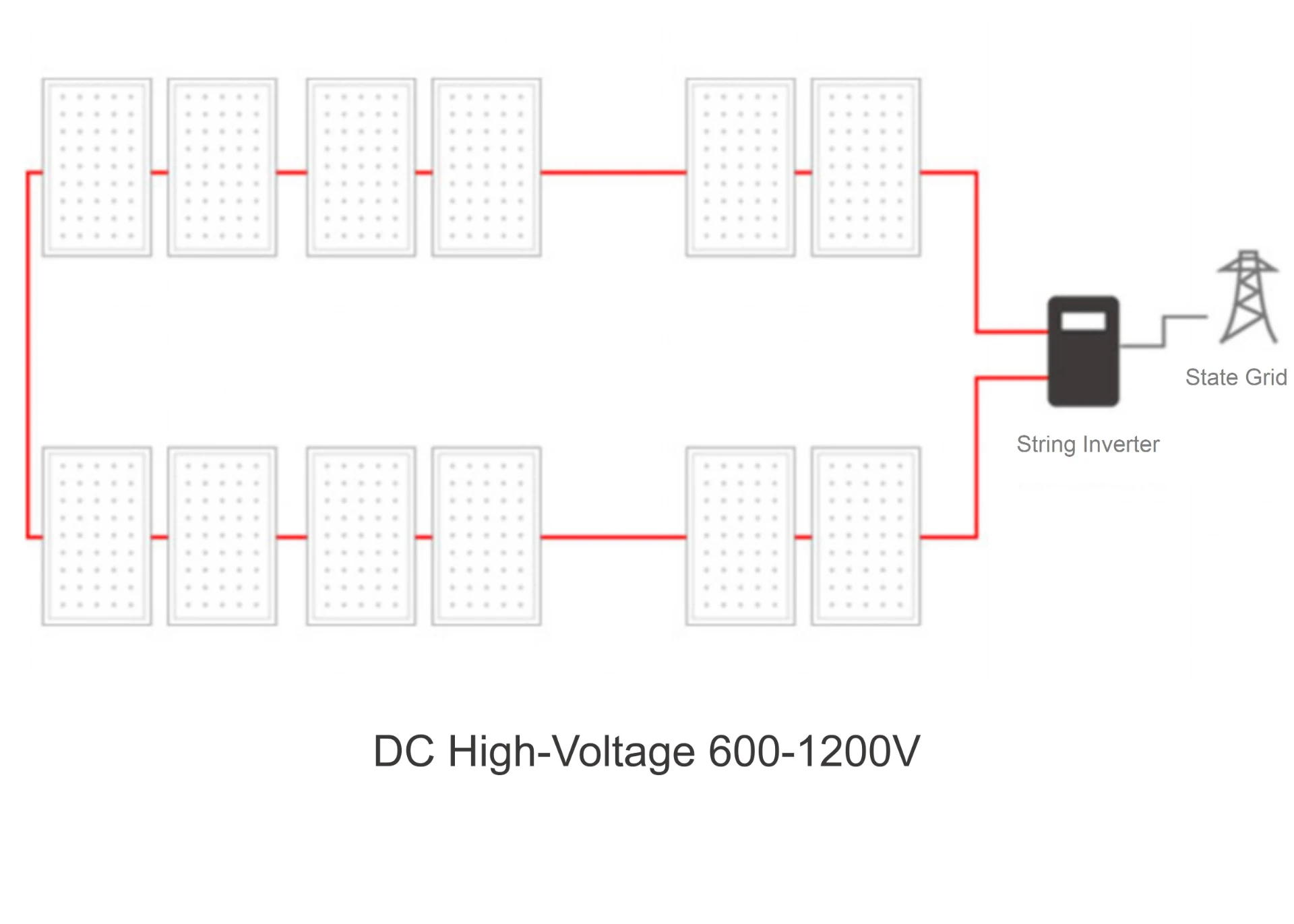Different Roof Designs Suitable for Installing Solar Panels
Types of Roofs for Solar Panels
As more homeowners and businesses seek to harness renewable energy, solar panels have become a popular choice for reducing energy bills and environmental impact. However, not all roofs are suitable for solar panel installation. Understanding the types of roofs that are best suited for solar panel systems is essential for maximizing efficiency and ensuring a successful installation.
1. Flat Roofs
Flat roofs are commonly found on commercial buildings but can also be seen on residential homes. These roofs offer the advantage of easy installation since solar panels can be mounted on racks at the optimal angle for maximum sun exposure. Flat roofs also allow for flexible configurations, accommodating different types of solar systems. Additionally, the rooftop space can be used for multiple purposes, such as rooftop gardens or additional energy-efficient installations.
2. Pitched Roofs
Pitched roofs, or sloped roofs, are prevalent in many residential properties. These roofs are typically constructed from materials such as asphalt shingles, metal, or tiles. Solar panels can be easily integrated into pitched roofs, using mounting brackets that attach to the roofing material. Pitched roofs are advantageous because they naturally catch sunlight at an optimal angle, improving the efficiency of solar panels. Homeowners can choose to have panels installed parallel to the roof or flush-mounted, depending on aesthetic preferences.
3. Metal Roofs
types of roofs for solar panels

Metal roofs are becoming increasingly popular due to their durability and longevity. They are naturally reflective, which can help eliminate excess heat and extend the lifespan of solar panels. Installing solar panels on metal roofs is straightforward, as installers can directly attach mounting systems to the roof without penetrating the roofing material. This method reduces the risk of leaks and damage to the roof structure. Metal roofs are also lightweight, making them ideal for solar panel installations.
4. Tile Roofs
Tile roofs, often made of clay or concrete, are known for their aesthetic appeal and durability. However, installing solar panels on tile roofs can be more complex due to their weight and the need for specialized mounts. It is essential for installers to take extra precautions to avoid damaging the tiles. Despite these challenges, tile roofs can support solar panels effectively and often create a unique and attractive look for the home.
5. thatched Roofs
While less common, thatched roofs represent a traditional roofing style in certain regions. However, these roofs are not typically suitable for solar panel installation, primarily due to their structural limitations and fire concerns. Homeowners with thatched roofs might need to consider alternative energy solutions or explore the feasibility of using other roofing materials better suited for solar panels.
Conclusion
When considering solar panel installation, evaluating the type of roof you have is crucial for determining compatibility and efficiency. Flat, pitched, metal, and tile roofs each offer unique benefits and considerations for solar energy systems. Whether you're a homeowner looking to invest in renewable energy or a business owner aiming to reduce overhead costs, understanding these roofing types can help you make informed decisions about solar panel installation. By selecting the right roof and opting for a professional installation, you can contribute to a sustainable future while enjoying the benefits of solar energy.
-
String Solar Inverter: The High-Efficiency Solution for Smart Solar EnergyNewsJul.14,2025
-
Revolutionizing Rooftop Energy with the Power of the Micro Solar InverterNewsJul.14,2025
-
Power Independence with Smart Off Grid Solar Inverter SolutionsNewsJul.14,2025
-
On Grid Solar Inverter: Powering the Future with Smart Grid IntegrationNewsJul.14,2025
-
Monocrystalline Solar Panels: High-Efficiency Power for the Future of Clean EnergyNewsJul.14,2025
-
Bifacial Solar Panel: A Smarter Investment for Next-Generation Energy SystemsNewsJul.14,2025







